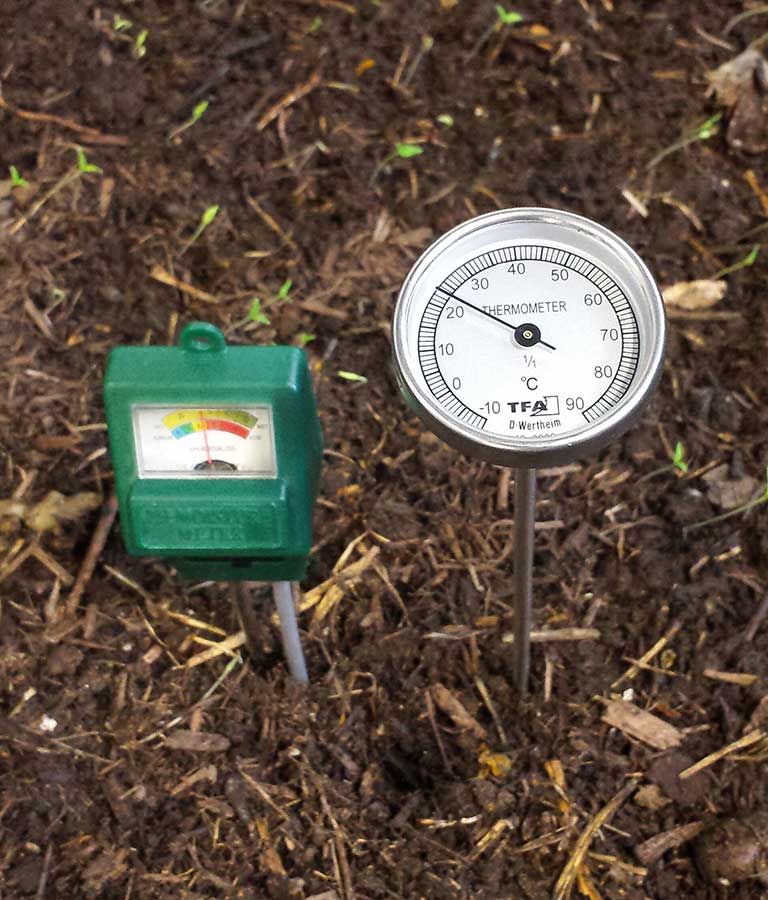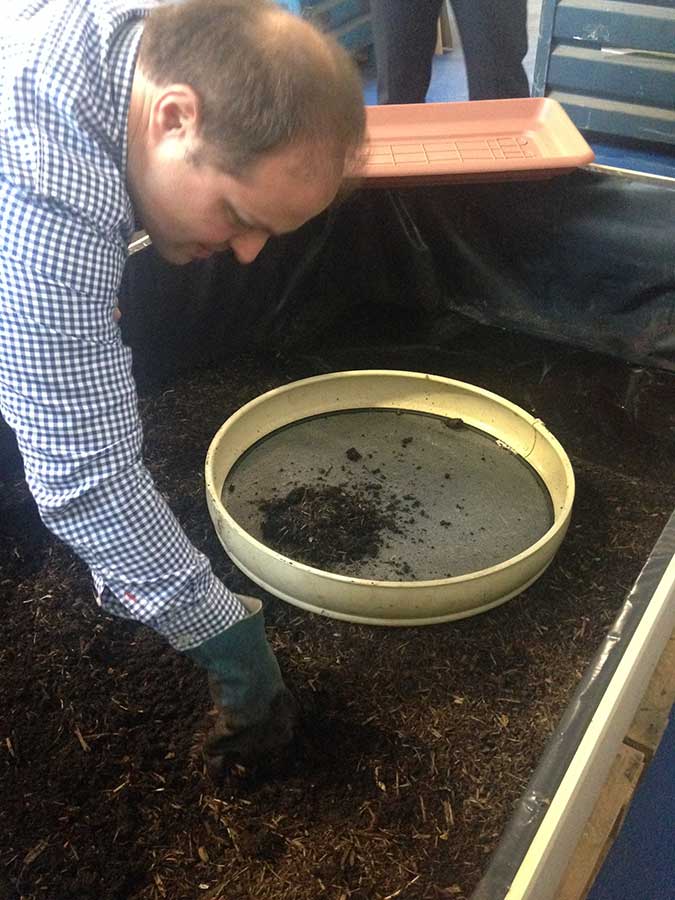BIZKAIHUMUS
USE OF PRE-COMPOST IN HUMUS PRODUCTION
The treatment of organic waste results in significant production of compost at the provincial composting plants, which generates unwanted accumulations. The use of pre-compost can speed up the output of material in these plants by introducing the sufficient quantity of these materials in the production of worm humus or vermicompost, a high value-added product, which functions as a renewable substitute for peat.
LANTEGI BATUAK, a social cohesion and inclusion organisation, leads BIZKAIHUMUS, in which the employment specialists for people with disabilities, STRATEIA, and the sustainability expert, CIMAS, have also collaborated.

DRIVING FACTOR


 OBJECTIVES
OBJECTIVES
- Produce organic-mineral fertilisers based on mixtures of vermicompost and mineral components approved for organic farming as a substitute for peat.
- Generate other products derived from humus, such as liquid humic extracts for the hydroponic greenhouse sector and for biological pesticides, which are of high economic value and easy to market.
- Transfer the solution to the rest of the Historical Territories.
 RESULTS
RESULTS
- Obtain 300 kg of solid worm humus (vermicompost) as a result of processing 600 kg of pre-composted bio-waste.
- Commissioning of a pilot plant to process organic waste at a LANTEGI BATUAK site.
- Determination of the level of mineralisation and humification of organic matter.
- Design of a system for the liquid extraction of micro-organisms contained in solid earthworm humus.
 CONCLUSIONS
CONCLUSIONS
- BIZKAIHUMUS has demonstrated the viability of using pre-compost in the production of solid worm humus or vermicompost.
- The study of how to market the product in order to ensure the viability of the business critically identified that the current and potential markets for worm humus penalise the value of generic sales of humus, as opposed to the marketing of products with more added value, made from humus and supplemented with other materials. This factor has hindered understanding between the parties involved and represents a challenge for the project’s commercial viability.
ENVIRONMENTAL
TECHNICAL
ECONOMIC
COMMERCIAL
ON THE MARKET




